Weekend’s Food for Thought

Who are téléchargeurs? How do refugees in Kenya share their stories? And, finally, what are the results of discussions during this week’s World Economic Forum on Africa? Plus, a few reflections on the aid history until now and it’s future.
Aid is a not a “pile of Lego blocks”
“The ‘rich West giving to the poor rest’ no longer makes so much sense, ” writes Paul Currion in his opinion piece on outdated models of humanitarianism. Each time aid agencies tend to think from “Year Zero”, yet 150 years of operation must have taught us something. What exactly?
Communicating with Communities: a case study
The Refugee magazine distributed in Kenya is an excellent example of sharing human interest stories and empowering communities. Started by volunteer journalists as a newsletter it has transformed into a bi-monthly magazine, where stories are written and edited by refugees from Kakuma Refugee Camp. Read more about the initiative here.
Digital Bamako: how music connects people
The impact of technology on communities in Africa goes far beyond M-Pesa. New entrepreneurial trendsetters in Mali are so called téléchargeurs who download music tracks that get shared within friends and relatives. Even if the connection in Bamako is down, it doesn’t matter: communal music exchange keeps on going.
“Then and Now: Reimagining Africa’s Future”
This is a title of the World Economic Forum that has just finished in Cape Town. Migration, education, media on the continent and other topics that shape Africa of “then and now” were addressed during the 3-day forum. Here is a selection of 9 highlights from the WEF.
Contribute to the World Humanitarian Summit 2016
Share your ideas, research and opinion pieces on the digital platform designed for the World Humanitarian Summit 2016. The global community can crowdsource content and exchange ideas between experts from various fields as all submissions and recommendations are available for access. Do you want to contribute too? The deadline for submission is 31 July 2015.
Photo: FilmAid
 New PhD opportunities at the University of Leicester
New PhD opportunities at the University of Leicester Call for Abstracts: New Directions in Media, Communication and Sociology (NDiMS) Conference
Call for Abstracts: New Directions in Media, Communication and Sociology (NDiMS) Conference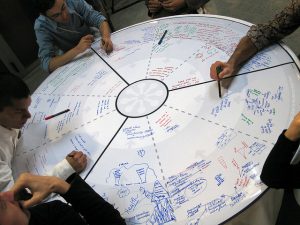 Ørecomm Team to Gather at the University of Coimbra
Ørecomm Team to Gather at the University of Coimbra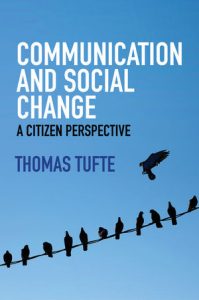 “Communication and Social Change – A Citizen Perspective” Published
“Communication and Social Change – A Citizen Perspective” Published C4D Network to Sum Up Global Communication for Development Practice
C4D Network to Sum Up Global Communication for Development Practice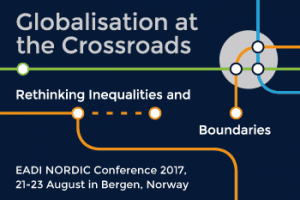 Entering Media and Communication into Development Conferences?
Entering Media and Communication into Development Conferences?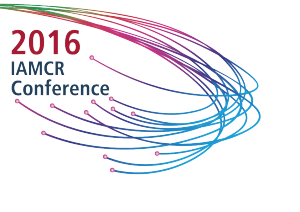 IAMCR Conference 2016: Communication for Development Highlights
IAMCR Conference 2016: Communication for Development Highlights Glocal Classroom Revisited – Storytelling & Social Change Leicester-Malmö
Glocal Classroom Revisited – Storytelling & Social Change Leicester-Malmö I EvalComDev International Conference: Call for Papers
I EvalComDev International Conference: Call for Papers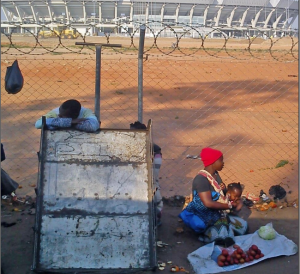 Looking for Media and Communication in Development Conferences: Devres 2016
Looking for Media and Communication in Development Conferences: Devres 2016